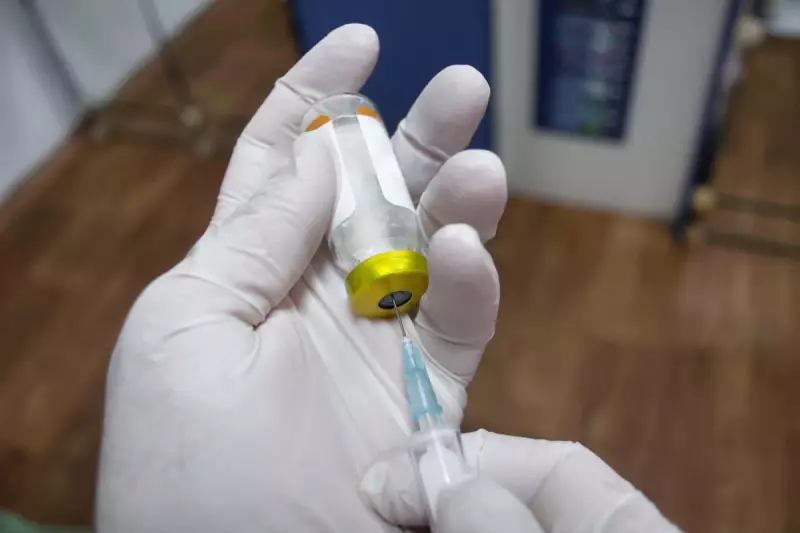
In a transformative move for public health across England and Wales, the HIV prevention drug PrEP (pre-exposure prophylaxis) has received official approval for widespread NHS availability. The National Institute for Health and Care Excellence (NICE) has given the green light, marking a significant step forward in the nation's fight against HIV transmission.
What This Means for Sexual Health Services
The landmark decision means that specialized sexual health clinics throughout both nations can now routinely offer PrEP to individuals at high risk of contracting HIV through sex. This revolutionary approach provides a powerful additional layer of protection alongside traditional methods like condoms.
Professor Gillian Leng, Chief Executive of NICE, emphasised the importance of this development: "This final guidance represents a significant step forward in our fight against HIV. Our committee recognised the clear benefits of providing PrEP to people at high risk of HIV acquisition."
Understanding PrEP and Its Impact
PrEP works by taking medication before potential exposure to HIV, significantly reducing the risk of infection. Clinical evidence demonstrates that when taken consistently, PrEP can reduce the risk of getting HIV from sex by approximately 99%.
Key Benefits of This Decision:
- Expanded access to proven HIV prevention medication
- Reduction in new HIV infections across England and Wales
- Integration into existing sexual health services
- Professional medical supervision and monitoring
A Turning Point in HIV Prevention
This decision follows extensive clinical trials and research that consistently demonstrated PrEP's effectiveness. The move aligns England and Wales with other progressive healthcare systems worldwide that have already implemented similar programmes with remarkable success in reducing HIV transmission rates.
The availability of PrEP through the NHS represents a crucial advancement in making comprehensive HIV prevention accessible to all who need it, regardless of their financial circumstances.
Sexual health charities and advocacy groups have welcomed the decision, highlighting its potential to dramatically reduce new HIV infections and move closer to the goal of eliminating HIV transmission entirely within the UK.





